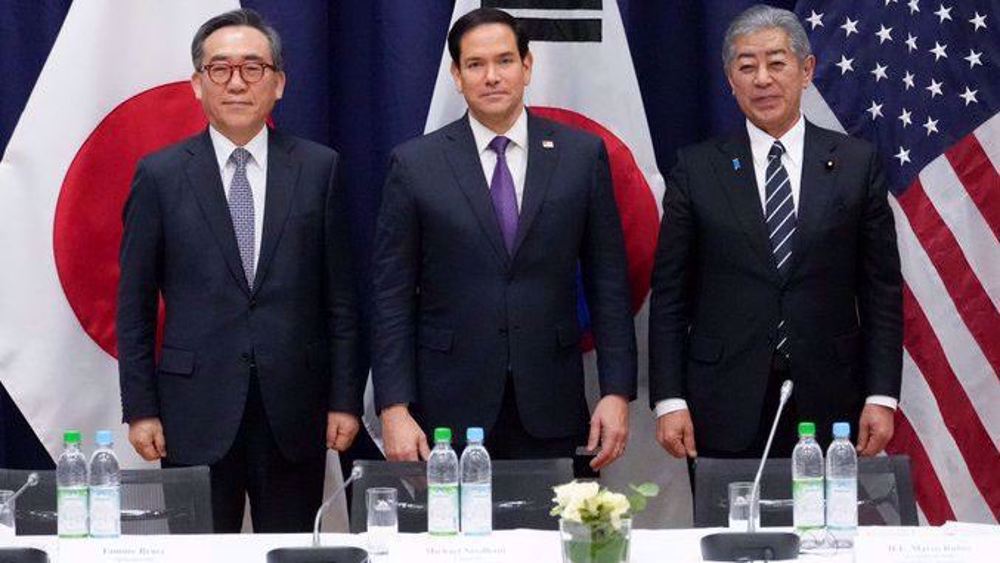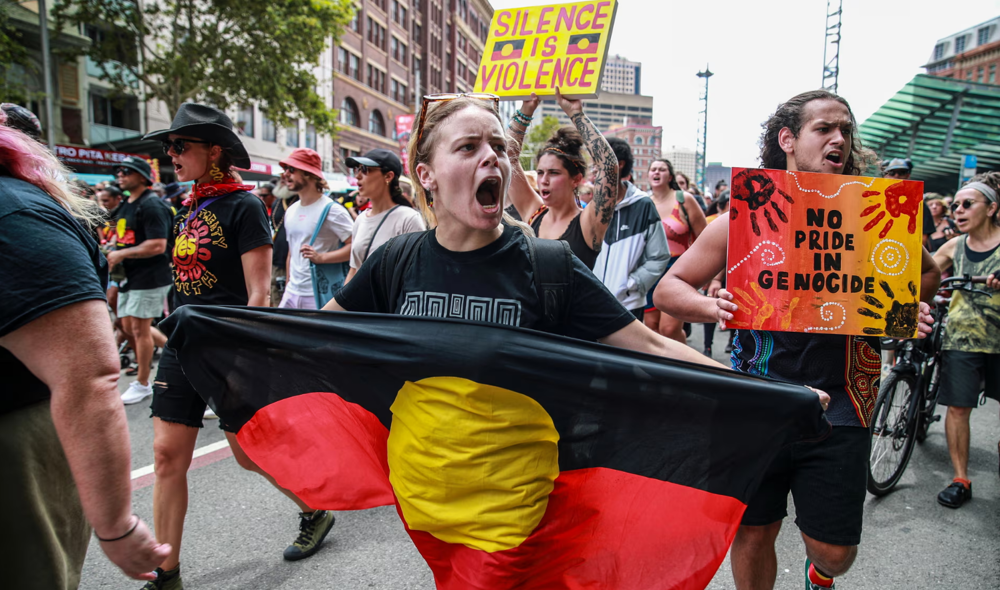7 Myanmar soldiers on trial admit to killing villagers: Witnesses
Seven Myanmarese soldiers have acknowledged during a rare court martial hearing that they were involved in the June killing of five villagers in northern Shan State, witnesses say.
On Thursday, villagers attending the closed-door proceedings, held two days earlier in the northern city of Lashio, said the soldiers had confessed to their role in the killings that took place in the remote village of Mong Yaw.
“The judge read the murder case reports and asked for confessions from the soldiers, who admitted they were responsible,” said Sai Kaung Kham, a Mong Yaw villager who has been helping the families attending the military trial.
He was invited by the army along with 14 other villagers to witness the court martial. The military has yet to officially comment on the witness account.
The army accepted in July that it was responsible for the crime. Intelligence chief Mya Tun Oo has vowed that the perpetrators would be prosecuted.
In June, Mong Yaw residents said army troops had rounded up dozens in the village and took five people away. Their corpses were later found in a shallow grave.
According to the villagers present at the court session, three officers and three lower-ranking soldiers said the five villagers had been detained and interrogated on suspicion of having links to local armed groups.
The soldiers said two of the villagers were found to have been members of an ethnic armed group, adding that they were ordered by their superior to kill them all.
“They were worried that if they let the three villagers go back, they would tell others they had been tortured,” the soldiers told the court martial, according to Sai Kaung Kham, one of the villagers at the trial session.
The seventh soldier, the highest-ranking of those on trial, however, denied having ordered the soldiers to “kill” the villagers, adding that he only told the six to “clear them out.”

Myanmar has been grappling with internal struggles from countless ethnic minority armies battling for greater autonomy since the end of the British colonial rule in the country in 1948.
Bordering China, Shan State is home to several armed ethnic armies.
Myanmar’s army has often been criticized by human rights bodies for abuses during decades of conflict with ethnic armed groups in the country’s lawless border zones, which has displaced thousands of people.
Rights campaigners such as Amnesty International say it is extremely rare for soldiers to be held to account for their crimes.

US, Japan, S Korea renew calls for ‘complete denuclearisation’ of North Korea

Indigenous rights activists rally on Australia Day to protest British colonization legacy

Colonialist’s monument toppled in Melbourne ahead of Australia Day
Official: Iran mastering construction of nuclear power plants
‘Doctors Against Genocide’ demands US Senate stop Trump
Fearing Hezbollah, Israelis refuse to return to northern settelments
Malcolm X, civil rights icon who challenged Zionism and advocated for Palestine
Exclusive: IRGC chief says Iran ready to confront any attacks
New resistance emerging from Syria’s occupation: Iran security chief
Arab leaders meet to counter Trump’s Gaza depopulation plan
VIDEO | Yemeni villagers struggle to save their farmlands amid US-Saudi blockade







 This makes it easy to access the Press TV website
This makes it easy to access the Press TV website